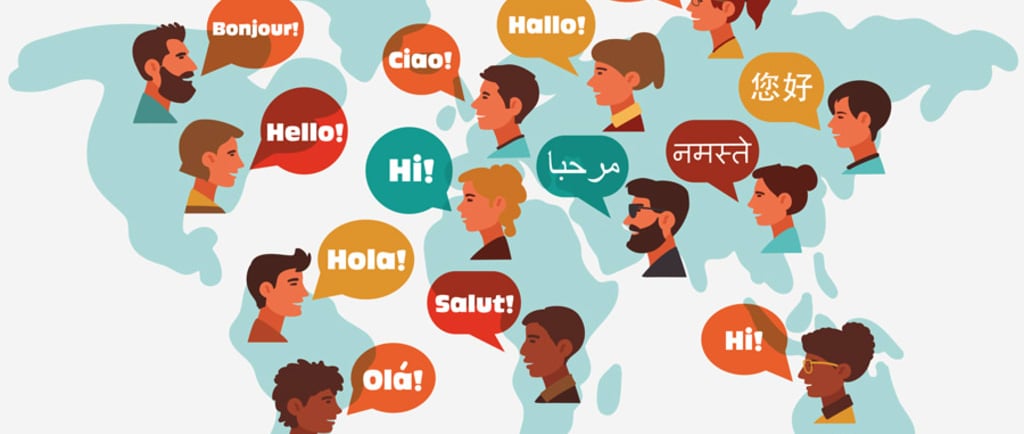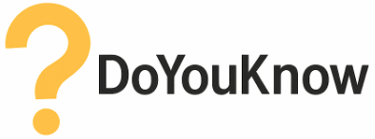Do You Know Why Language Made Humans Different
#DoYouKnow, #LanguageEvolution, #HumanMind, #Communication, #Culture, #Anthropology, #HistoryOfLanguage
KNOWLEDGE & EDUCATION
7/21/20252 min read


Do you know that language is the superpower that made humans stand out from all other species? While animals communicate through sounds and gestures, humans developed complex languages with grammar, symbols, and storytelling abilities. This single ability changed the way we live, share knowledge, and build civilizations.
1. What Is Language?
Language is a system of communication that uses words, sounds, and symbols to express thoughts and ideas. Unlike animal calls, human language is:
Complex and Structured: It has grammar and syntax.
Creative: We can talk about things that don’t exist (like myths or plans).
Evolving: Languages change and grow with culture.
2. The Evolution of Language
The origins of language are still debated, but scientists believe it developed over hundreds of thousands of years. Key stages include:
Early Vocalizations: Primitive sounds and gestures used by Homo erectus.
Proto-Languages: Small sets of words or sounds for basic communication.
Symbolic Thinking: Cave art and carvings that conveyed meaning.
Fully Developed Language: Likely evolved around 100,000 years ago with Homo sapiens.
3. How Language Gave Humans an Edge
Language helped early humans:
Plan and Hunt: Communicate strategies for survival.
Share Knowledge: Pass down skills like toolmaking and fire use.
Build Communities: Strengthen social bonds and teamwork.
Create Culture: Develop traditions, art, and rituals.
4. Writing Systems: A Leap in Communication
While spoken language is ancient, writing systems only appeared around 5,000 years ago. Examples include:
Cuneiform in Mesopotamia.
Hieroglyphics in Egypt.
Early scripts in China and the Indus Valley.
Writing allowed knowledge to be stored and passed on to future generations.
5. Language and the Brain
The human brain has specialized areas for language:
Broca’s area (speech production).
Wernicke’s area (language comprehension).
These brain regions set humans apart from all other animals.
6. Language Diversity Today
There are over 7,000 languages spoken worldwide. While English, Spanish, and Mandarin dominate globally, smaller indigenous languages hold unique cultural heritage.
7. The Digital Era of Language
Today, language is evolving faster due to:
Social media (emojis, acronyms).
AI and translation tools.
Global communication bridging language gaps.
Conclusion
Do you know that language didn’t just help humans communicate—it helped us build civilizations, culture, and knowledge systems? Without language, history itself would not exist.
Knowledge
Empowering minds with reliable educational content daily.
Newsletter Signup
© 2025 DoYouKnow. All rights reserved.
Stay Ahead of the Trends – Join Our Newsletter
